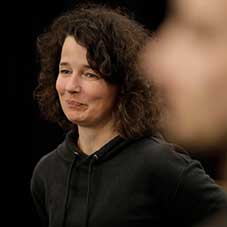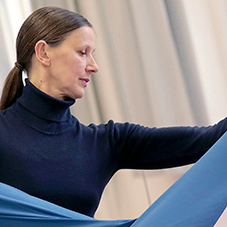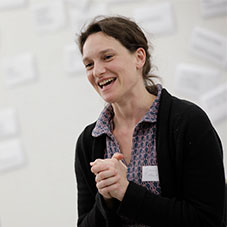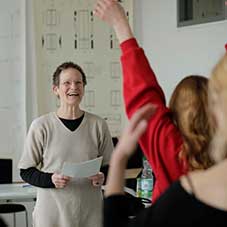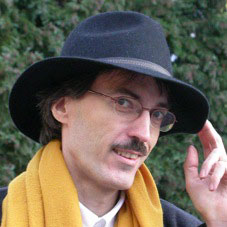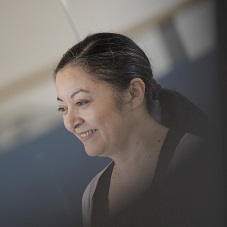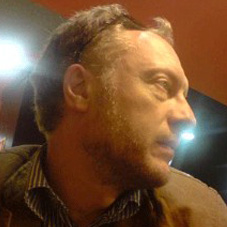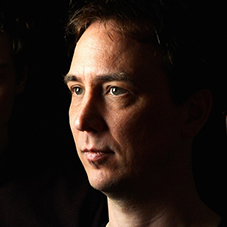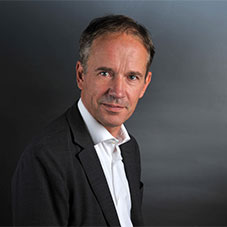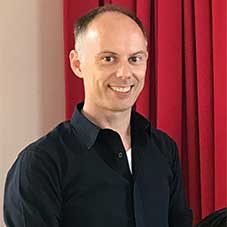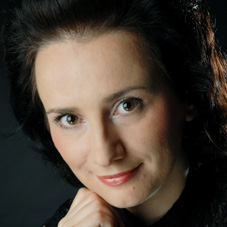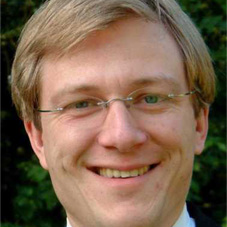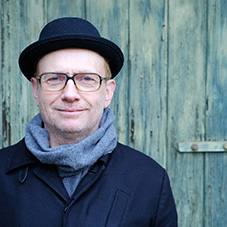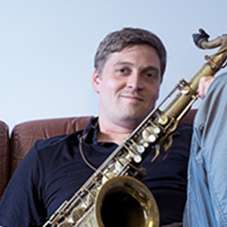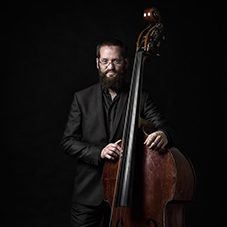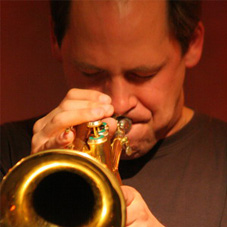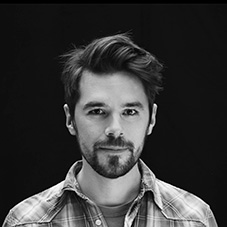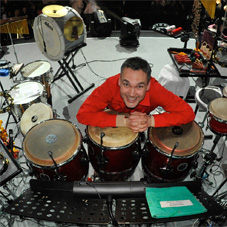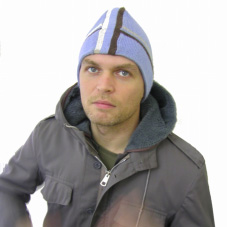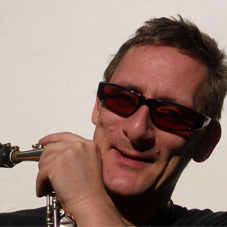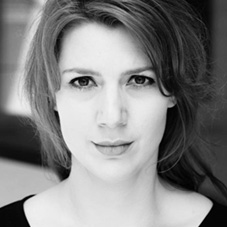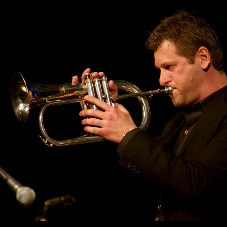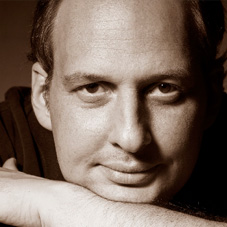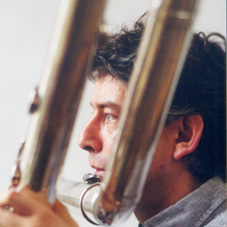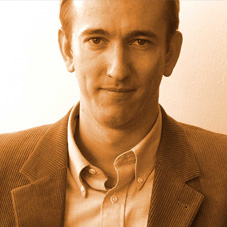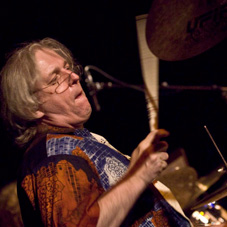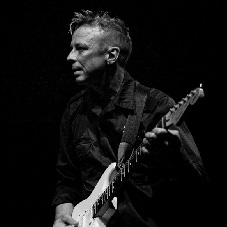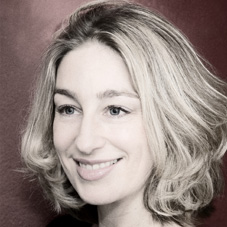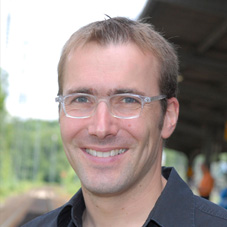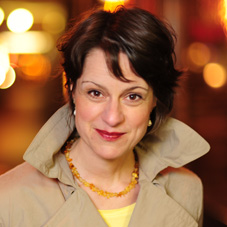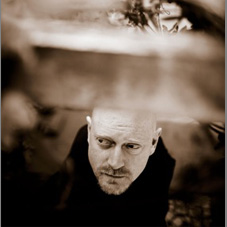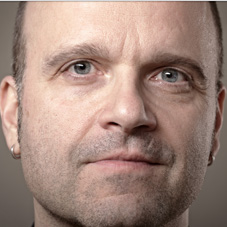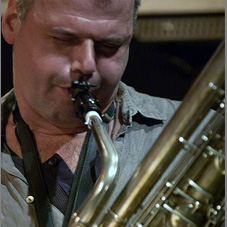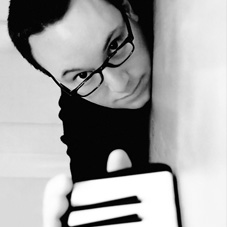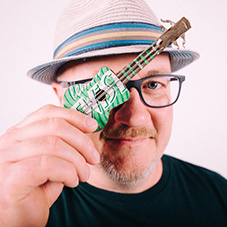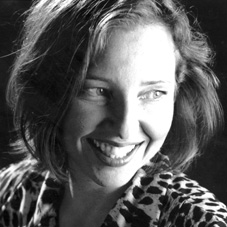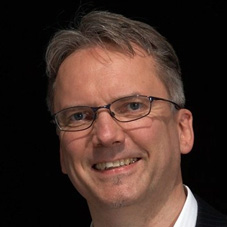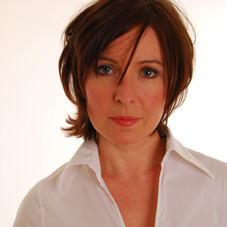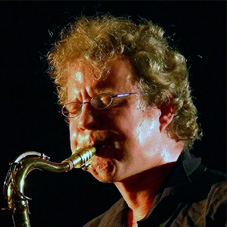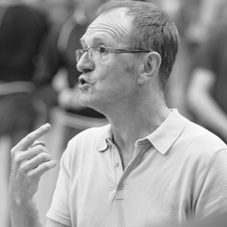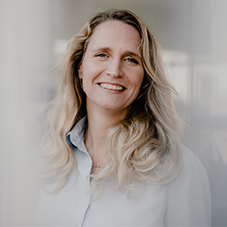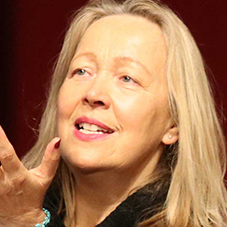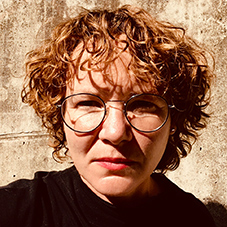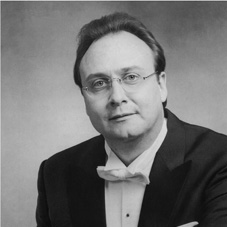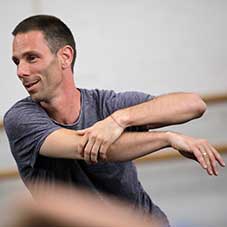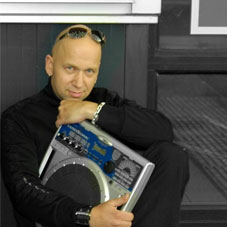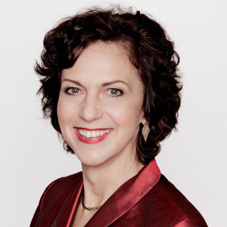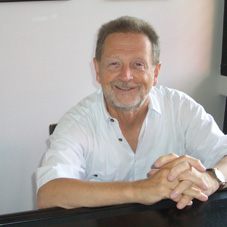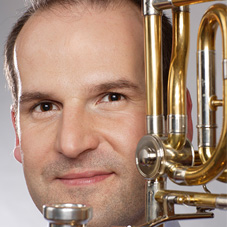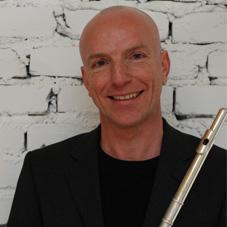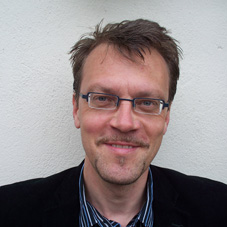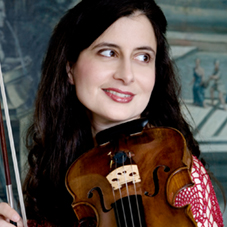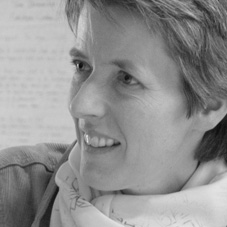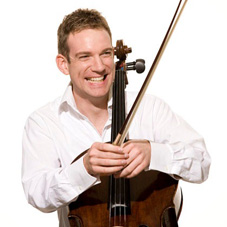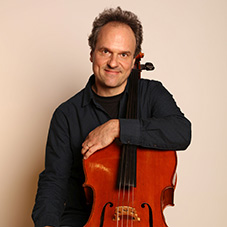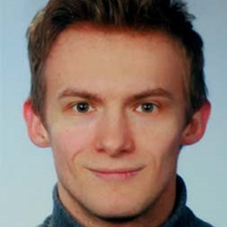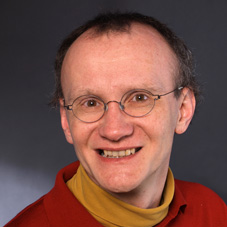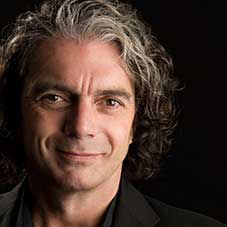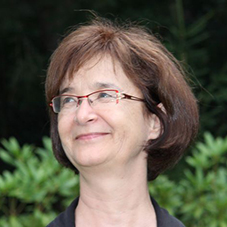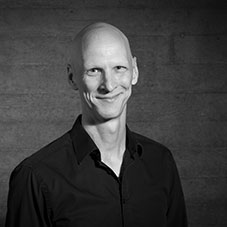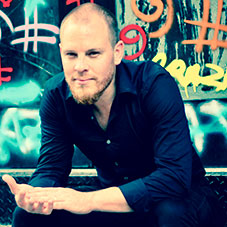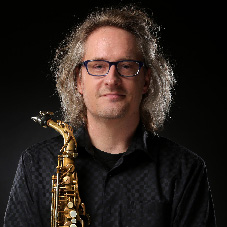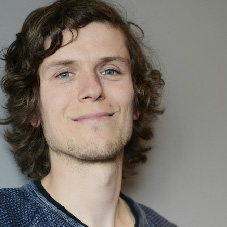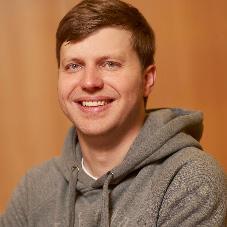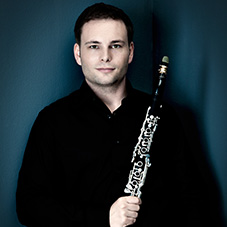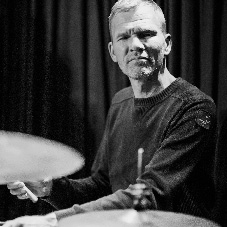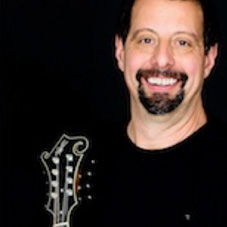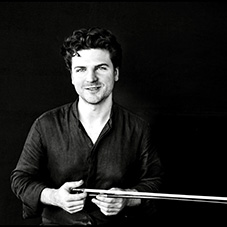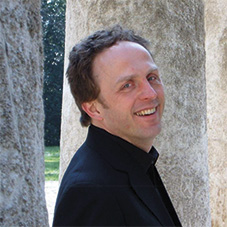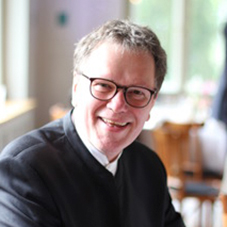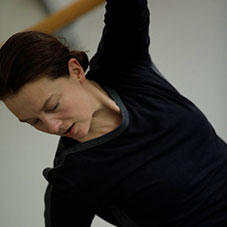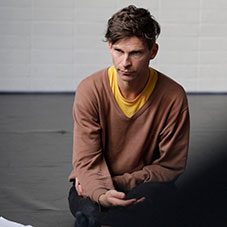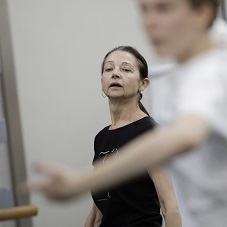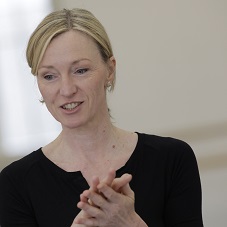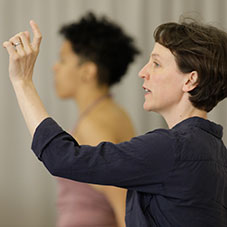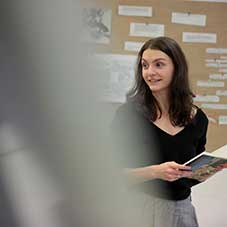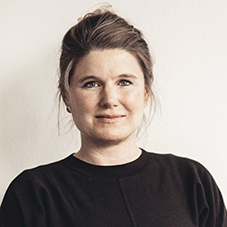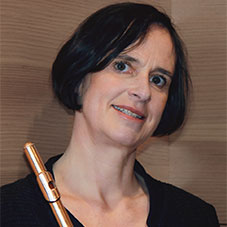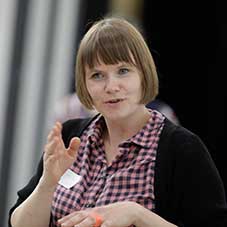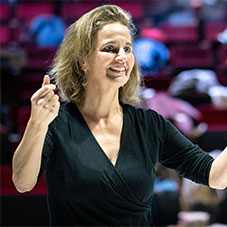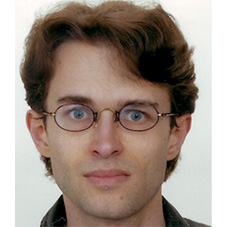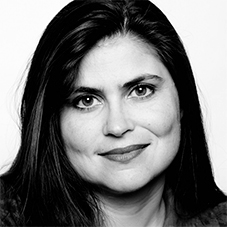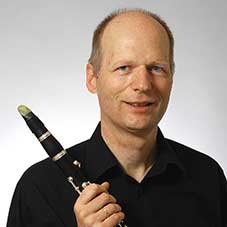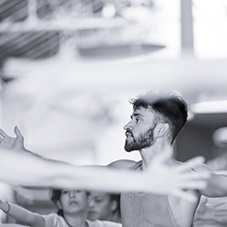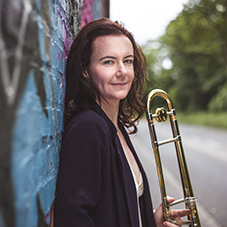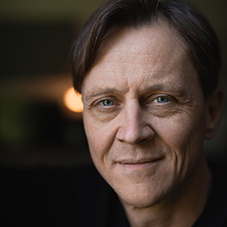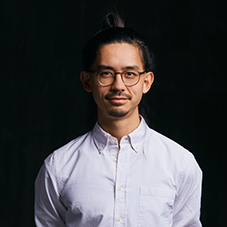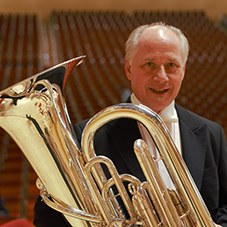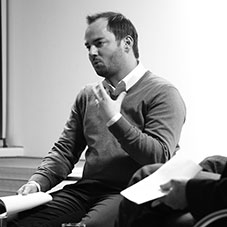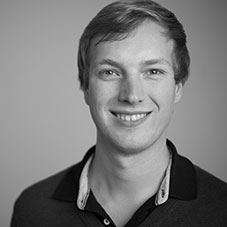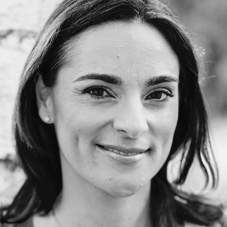###PRINT_PATH###
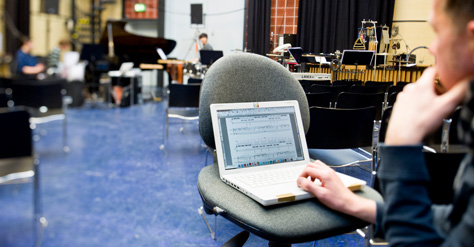
Bachelor of Music - Electronic Composition
Courses are taught in the work rooms at the University’s Studio for Electronic Music. The studio has many stationary and mobile workstations, extensive software and hardware equipment, as well as superb listening equipment.
Hands-on seminars during the general program teach the necessary technical skills. The programs focus in on the arts. The program focuses on developing musical concepts, putting these into practice, working with certain formats for presenting music using different audiovisual media, and exploring media theory issues and networking with external institutions through collaborative projects.
The Hochschule für Musik und Tanz Köln is currently the only German institution of higher education for music that offers a bachelor’s program for electronic composition. This ensures that the students’ interests and strengths are fostered from the beginning of the program and that the students are prepared for one of the different specializations in the advanced program. The advanced program focuses on music recitals with the option of specializing in either Internet/performance/visualization, or instrumental composition.
General Information
- Academic degree: Bachelor of Music (B.Mus.)
- Duration of degree program: 8 semesters (4 years)
- Start of program: Winter semester
- Degree requirements: 240 ECTS credits
- Major: Electronic Composition
- Graduate program: Master of Music Electronic Composition, Master of Music Instrumental Composition, Concert Exam
The application takes place online via the muvac platform. You can find all the information about the procedure on our Application page.
Admissions Requirements
- A general certificate of secondary education or other comparable higher education entrance qualification.
- For non-German-speaking applications, proof of a language certificate at DaF level 3 is also required.
- Successful completion of the entrance examination.
Entrance Examination
The entrance examination consists of the following three parts:
- Main subject test (duration: approx. 30 minutes),
- oral test (duration: approx. 10 minutes)
- music theory test (elementary harmonic theory/aural skills) (written test, total duration approx. 90 minutes)
Detailed information can be found in the Entrance Examination Regulations, particularly in section 5: Content Requirements and Examination Format (§5 Inhaltliche Anforderungen und Durchführung der Prüfung).
Downloads
The degree program is divided into a basic program (first and second year) comprising a large number of obligatory modules and an advanced program (third and fourth year) which consists of different courses for different specializations.
The degree map comprises 7 main modules:
- Core module
- Artistic practical context
- Education
- Music appreciation
- Career development
- Bachelor/interdisciplinary capstone project
- Supplementary studies
The first two years of the program focus on teaching comprehensive basic knowledge including instrumentation, music history, analysis, and composition. In addition, hands-on seminars during the basic program teach the technical skills required.
The main focus of the advanced program is performance of student music pieces within the University, and if possible outside as well. The aim of closely collaborating with external institutions, ensembles, and festivals for new music is to simulate professional performances for students during their time at the University.
In addition to course work in concentrations and seminars on current composition techniques, events with specialized performers are also organized such that students can learn specific performance techniques and raise questions about notation and instrumentation.
Electronic and instrumental composition classes work closely together, which enables students to not only participate in projects in projects in either specialization, but also to take coursework in the specialization that they did not choose as their concentration.
A bachelor's capstone project and an oral examination must be completed to finish the bachelor’s program.
Downloads
Prof. Michael Beil
Today, composition is a highly multifaceted degree program with extensive practical relevance.
The range of work for contemporary composers has grown significantly. Aside from concert music, there are now opportunities for careers in theatre, film, video, installations, production, radio play, and other areas. The sheer number of career possibilities composers have today is astonishing. They often work on the edge of improvisation or with art forms originating in jazz, pop, or other music, particularly so if they work with new forms of media. Teaching has also gained increased attention, which has created yet another career field out of work with children, adolescents, and amateurs.
The practical training and the diversity of the program are meant to ensure that composers have a broad range of career opportunities open to them following graduation. The aim is also to introduce students to external projects as well as musicians, event organizers, and other artists as quickly as possible. Close collaboration with other University departments and access to courses on different instruments as well as music theory and musicology is also particularly important.
The large number of international students and instructors ensures that students have extensive contact with composers and cultures from other countries during their studies. Nowadays, it is necessary to fully understand the qualities of other (music) cultures and to be able to put one’s own beliefs into perspective.
As with any course of studies, this program cannot guarantee success because success depends primarily on the creativity of each student. However, the University’s broad and flexible curriculum enables students to personalize their education and career perspectives to a great extent. Artistic debate must always be the top priority of the program. The goal of the composition program is to prepare students as much as possible for a future career; however, students will only become composers after graduation, after their own work has spoken for itself.
Often, composers do not work exclusively as composers after graduation. As in many other careers, composers rarely specialize in just one area anymore. Rather, great emphasis is placed on the ability to adapt to opportunities. However, this flexibility should not merely be viewed as a way of conforming, but rather as the ability to personally shape and inform one’s own studies and subsequent career. This makes today’s composers the architects of not only their own music, but also of their own careers.
Contact
- Prof. Michael Beil
Künstlersiches Hauptfach; Elektronische Komposition Standort
Köln
